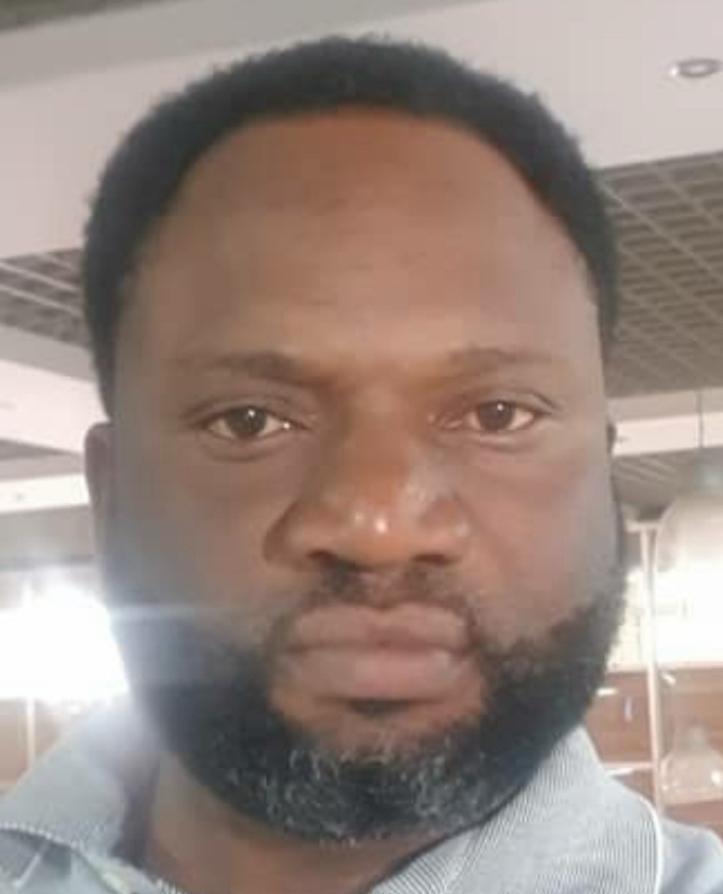Sponsored Advertisements
WHY DO THE RICH SEEM TO GET LIGHTER PUNISHMENT THAN THE POOR IN NIGERIA?
Government & Politics
13 days ago
Comments (0)
- Be the first to comment!
Leave a Reply
New Discussions
-
Why Konnnect Africa Is More Than Just a Platform — It’s a Family! 🌍✨

Africa Connect
Just now ago00 -
The Mathematical Models

Prince Sols
2 mins ago00 -
Top Money-Making Apps You Should Try in 2025 💸📱

Africa Connect
5 mins ago00 -
💞 THREAD: Signs a Girl Has Feelings for You 😳💬

Africa Connect
8 mins ago00 -
Whole sale and retailer

Excellency
12 mins ago22













Michael
13 days agoWhy Do the Rich Seem to Get Lighter Punishment Than the Poor in Nigeria?
In Nigeria, justice often appears unequal — a system where the rich escape with light punishments while the poor face the full weight of the law. This imbalance reflects deep-rooted social and systemic injustice. The rich have the money to hire influential lawyers, manipulate legal procedures, or even bribe their way out of serious consequences. They can afford to secure multiple adjournments, appeal judgments, or influence decision-makers, making it seem as if the law bends in favor of wealth.
On the other hand, the poor often lack access to quality legal representation. Many cannot afford a lawyer, and those provided by the state are overworked or underpaid. As a result, poor defendants are more likely to be convicted quickly, even without strong evidence. Some spend years in prison awaiting trial for minor offenses, while wealthy offenders enjoy bail or freedom despite committing greater crimes.
Corruption and class bias within the system also contribute to this inequality. Some judges and law enforcement officers treat the rich with respect and fear, but show little regard for the powerless.
True justice must not recognize social status. As the Bible reminds us in Proverbs 22:2: “The rich and the poor meet together; the Lord is the maker of them all.” Nigeria must build a justice system where every citizen — rich or poor — is treated equally under the law, for without fairness, justice loses its meaning.
Thanks, we appreciate your kind opinion. God bless you